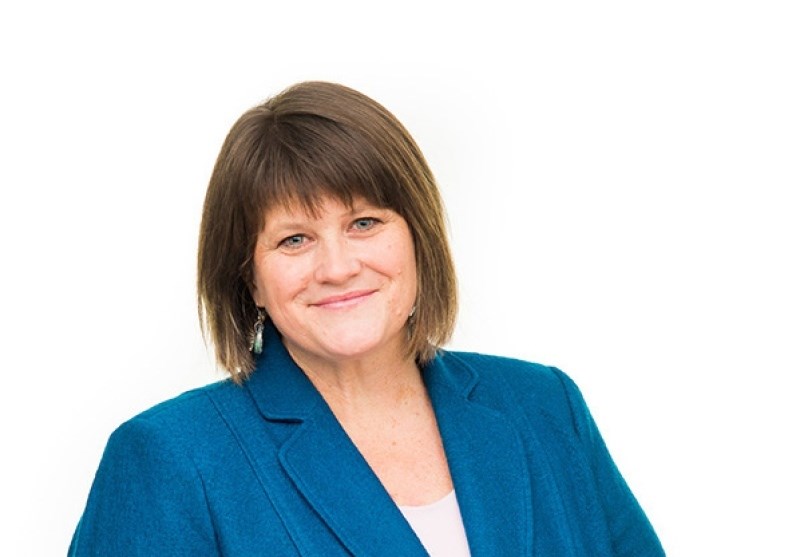The children are at the centre of the circle, protected and celebrated. Surrounding them are the parents, aunties and uncles, supporting each other, raising each other’s children as if they are their own.
The elders at the heart of the Squamish Nation’s pedagogy encircle and nurture the younger generations. And finally, the providers and protectors take their place as sentinels and hunters on the periphery.
It’s a self-supporting ecosystem, one where everyone’s roles are distinct yet supportive. Where children are considered the “golden threads to the future,” their people’s reason for being, their hope, and the elders are the “golden threads to the past,” full of wisdom and knowledge born out of a lifetime of experience.
It is a culture centred on relationships. “All my relations.”
We sit there, 30 or so District of Squamish staff and council members in this particular workshop, role playing in this configuration, listening, learning and envisioning what it must have been like to be part of a culture that thrived for thousands of years pre-colonization. Kathi Camilleri, our workshop facilitator, transports us back to a time before disease, discrimination, arrogance, religion and the dismembering of Canadian policies of assimilation.
Slowly and methodically, and with near surgical precision, the colonizer, or “Red Hat” as Kathi calls him, dismantles this living organism.
At first disease decimates populations. It weakens the village but does not kill its resolve or erode its tradition. So Red Hat targets the treasured centre of the village, its children. Through industrial and residential schools, purposeful introduction of alcohol, and through policies of cultural obliteration and assimilation, children are stolen from their families and tradition is outlawed. A culture predicated on a community of interacting organisms is replaced with Red Hat’s hierarchical assertion.
Everyone in that room cannot help but imagine what it would have been like to have one’s children ripped from their home, your village once robust with tradition and meaning, categorically taken away. What would it have been like to learn all your life skills, your parenting skills, from inside the abusive and insensitive walls of a residential school, from people whose interests and motives are not informed by the village?
But this workshop that all of our District staff and council will participate in is not about assigning blame or evoking shame. It is meant to give us a basis of understanding of this devastating period of Canadian history so we can begin to appreciate the effect such policies have had on generations of the indigenous peoples upon whose traditional territory we all live.
And above all, it is a way to begin to explore our personal role in supporting the revival of the values that worked in indigenous villages for thousands of years through meaningful truth and reconciliation.
Squamish Mayor Patricia Heintzman



